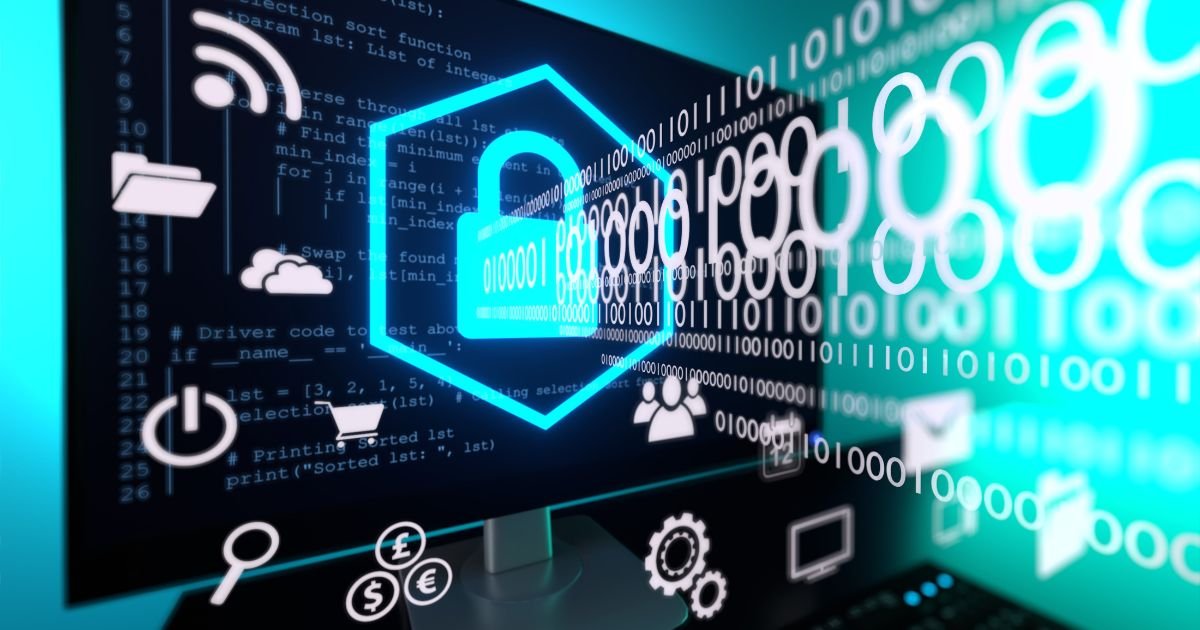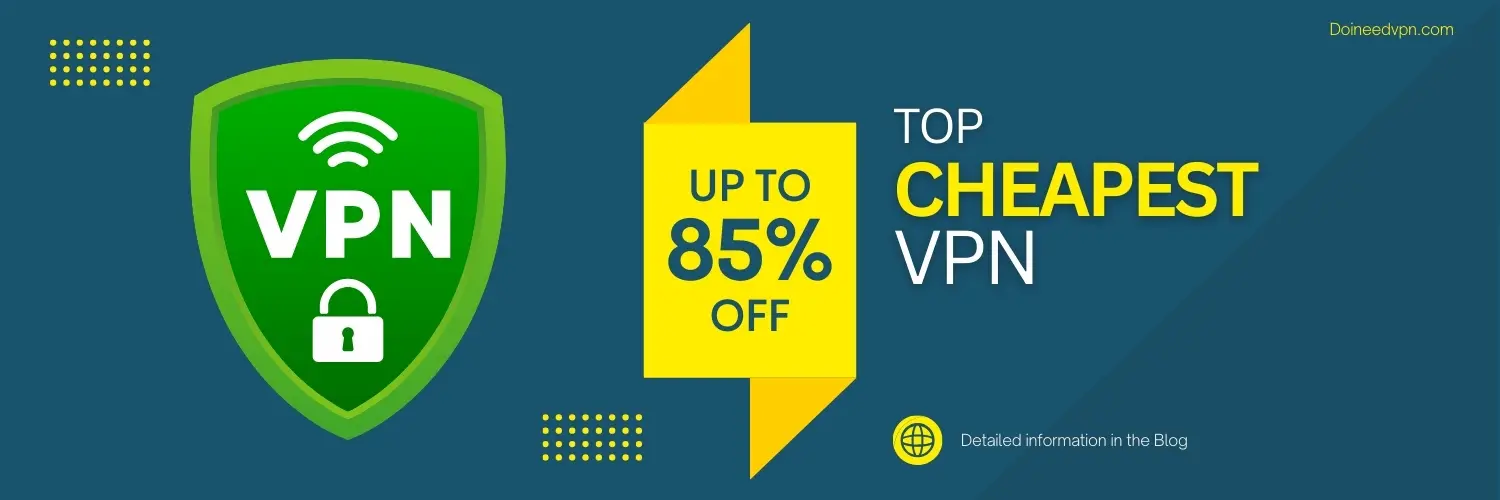Technology plays a vital role in our lives, so it's crucial to be aware of the threats that can compromise our digital security. Computer viruses are one such threat that can wreak havoc on our devices and personal information. What viruses are, the various types of viruses, and how to protect ourselves from them.
Computer viruses are malicious software programs designed to replicate and spread from one computer to another, often without the user's knowledge or consent. These viruses attach themselves to legitimate files and programs, and when executed, they can cause a range of issues, from minor inconveniences to severe damage. The need for effective antivirus software becomes paramount in safeguarding our digital environment.
Types Of Computer Viruses
Boot Sector Viruses
Boot sector viruses infect the master boot record (MBR) or the boot sector of storage devices like hard drives or USBs. They typically activate when the infected device is started, allowing the virus to load into the computer's memory. Boot sector viruses can spread through infected storage media, and they have been prevalent in the past, although their occurrence has reduced significantly with advancements in technology and security measures.
File Infectors
File infector viruses attach themselves to executable files and spread by infecting other files when executed. These viruses can modify or corrupt the infected files, making them unusable. File infector viruses often disguise themselves by adopting the filenames or properties of legitimate files, making them harder to detect.
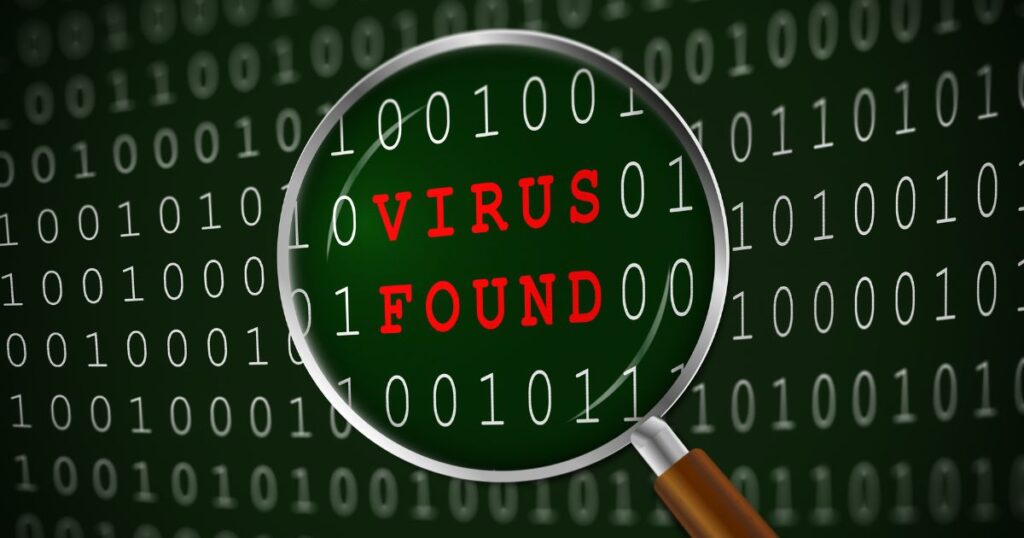
Macro Viruses
Macroviruses infect files that contain macros, such as documents or spreadsheets. Macros are scripts or instructions that automate repetitive tasks within these files. When a file infected with a macrovirus is opened, the virus can execute its malicious code, potentially causing damage to the system or spreading to other files.
Polymorphic Viruses
Polymorphic viruses have the ability to change their code structure and appearance, making it difficult for antivirus software to detect them. These viruses often use encryption or obfuscation techniques to alter their code, allowing them to bypass traditional signature-based antivirus scans.
Worms
Worms are standalone programs that replicate and spread independently without requiring a host file. They exploit vulnerabilities in computer networks, allowing them to spread rapidly and infect numerous devices. Worms can cause network congestion, slow down systems, and compromise sensitive information.
Trojan Horses
Trojan horses are deceptive programs that masquerade as legitimate software but contain malicious code. Unlike viruses or worms, trojans do not replicate themselves but rely on social engineering to trick users into executing them. Once activated, trojans can perform various malicious activities, such as stealing personal information or providing unauthorized access to the infected system.
Spyware
Spyware is a type of malware designed to gather information about a user's activities without their knowledge or consent. It can monitor keystrokes, capture screenshots, track browsing habits, and collect sensitive data. Spyware often operates silently in the background, making it challenging to detect without specialized tools.
Ransomware
Ransomware is a malicious program that encrypts files on a victim's computer viruses, rendering them inaccessible. The attackers then demand a ransom in exchange for the decryption key. Ransomware attacks have become increasingly prevalent and can cause significant disruptions to individuals, businesses, and even critical infrastructure.
Common Signs Of Virus Infection
Detecting a virus infection early is crucial in minimizing the potential damage. Here are some common signs that indicate your computer viruses may be infected:
Slow Performance
Viruses can consume system resources, leading to sluggish performance. If your computer takes an unusually long time to start up, run programs, or respond to commands, it could be a sign of a virus infection.
Frequent Crashes
Viruses can destabilize your operating system, causing frequent system crashes or unexpected reboots. If your computer crashes more frequently than usual or exhibits abnormal behavior, it's essential to investigate the cause.
Unauthorized Access
Certain viruses, such as trojans or spyware, can provide unauthorized access to your system. If you notice unfamiliar user accounts, unauthorized changes to files or settings, or suspicious network activity, it may indicate a security breach.
Unexpected Pop-ups
Unwanted pop-ups or advertisements appearing on your screen, even when you are not browsing the internet, can be a sign of adware or malware infection. These pop-ups often promote dubious products or services and can be challenging to close.
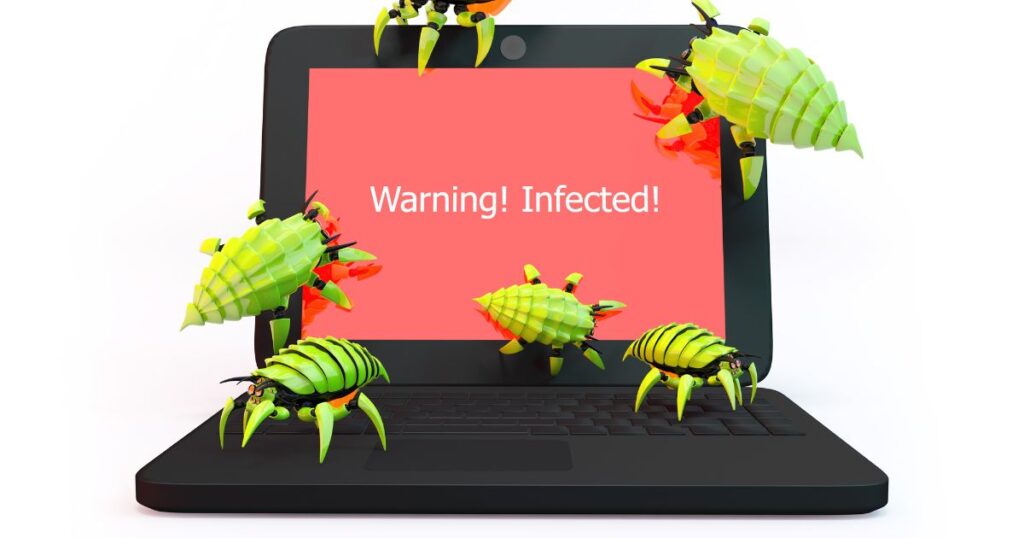
Impact Of Computer Viruses
Computer viruses can have severe consequences for individuals, businesses, and society as a whole. Here are some of the potential impacts of virus infections:
Data Loss
Certain viruses can corrupt or delete files, resulting in permanent data loss. This loss can be particularly devastating if the files contain important documents, cherished memories, or critical business information.
Financial Losses
Cybercriminals often exploit viruses to conduct financial fraud or theft. They can steal sensitive financial information, such as credit card details or online banking credentials, leading to unauthorized transactions or identity theft.
Privacy Breaches
Viruses designed to gather personal information can compromise your privacy. Cybercriminals can access your sensitive data, including passwords, social security numbers, or personal emails, and exploit it for malicious purposes.
Disruption of Productivity
Severe virus infections can render computers or entire networks inoperable, leading to significant disruptions in productivity. Businesses may experience downtime, a loss of customer trust, and potential financial repercussions.
Learn more about viruses.
Prevention And Protection
While viruses can be formidable adversaries, there are several steps you can take to protect your devices and minimize the risk of infection:
- Install reliable antivirus software: Choose a reputable antivirus program that provides real-time protection against a wide range of threats. Regularly update the antivirus software to ensure it can detect the latest viruses.
- Keep software up to date: Install software updates and patches promptly, as they often include security enhancements that can safeguard against known vulnerabilities.
- Exercise caution when downloading files: Be mindful of the files you download from the internet or receive via email. Only download files from trusted sources, and scan them with antivirus software before opening.
- Regularly backup data: Create regular backups of your important files and store them in a secure location. In the event of a virus infection or data loss, backups can help restore your files and minimize the impact.
- Use strong and unique passwords: Choose strong passwords for your online accounts and avoid reusing them across multiple platforms. Consider using password managers to securely store and generate complex passwords.
Best Antivirus Software In The Market
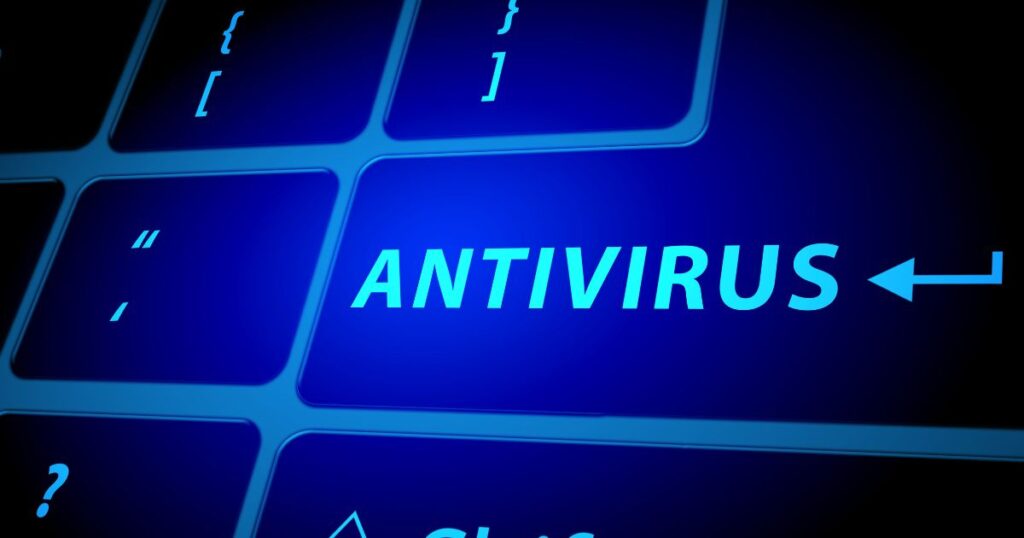
When it comes to protecting your devices from viruses, choosing the right antivirus software is crucial. Here are the three best antivirus solutions on the market:
Surfshark Antivirus
Surfshark Antivirus offers comprehensive protection against a wide range of viruses, malware, and other online threats. It features advanced scanning algorithms, real-time monitoring, and regular updates to ensure maximum security.
Norton
Norton is known for its user-friendly interface and robust malware detection capabilities. It provides proactive protection against both known and emerging threats, backed by a dedicated research team.
McAfee
McAfee is a lightweight yet powerful antivirus solution that offers excellent virus detection rates. It includes additional features such as a firewall, parental controls, and secure web browsing for comprehensive protection.
Conclusion
Computer viruses pose significant risks to our digital lives, potentially leading to data loss, financial losses, and privacy breaches. Understanding the types of viruses and implementing effective protection measures are essential in safeguarding our devices and personal information. By installing reliable antivirus software, staying vigilant while browsing the internet, and keeping our systems up to date, we can mitigate the threat of viruses and enjoy a safer online experience.
Frequently Asked Questions
Q: Can antivirus software detect all types of viruses?
A: While antivirus software aims to detect and remove a wide range of viruses, new threats emerge constantly. It's essential to choose reputable antivirus software that provides regular updates to stay protected against the latest threats.
Q: How often should I update my antivirus software?
A: It is recommended to configure your antivirus software to update automatically on a daily basis. This ensures that your software has the latest virus definitions and security patches to combat new threats effectively.
Q: Are free antivirus programs effective?
A: Free antivirus programs can provide basic protection against common threats. However, premium antivirus solutions often offer more advanced features and better detection rates. It's crucial to choose a solution that aligns with your security needs.
Q: Can antivirus software remove existing viruses?
A: Yes, antivirus software is designed to detect and remove viruses from infected systems. Run a full system scan with your antivirus software to detect and eliminate any existing viruses or malware.
Read more about computer and more related blog on Do I Need VPN

